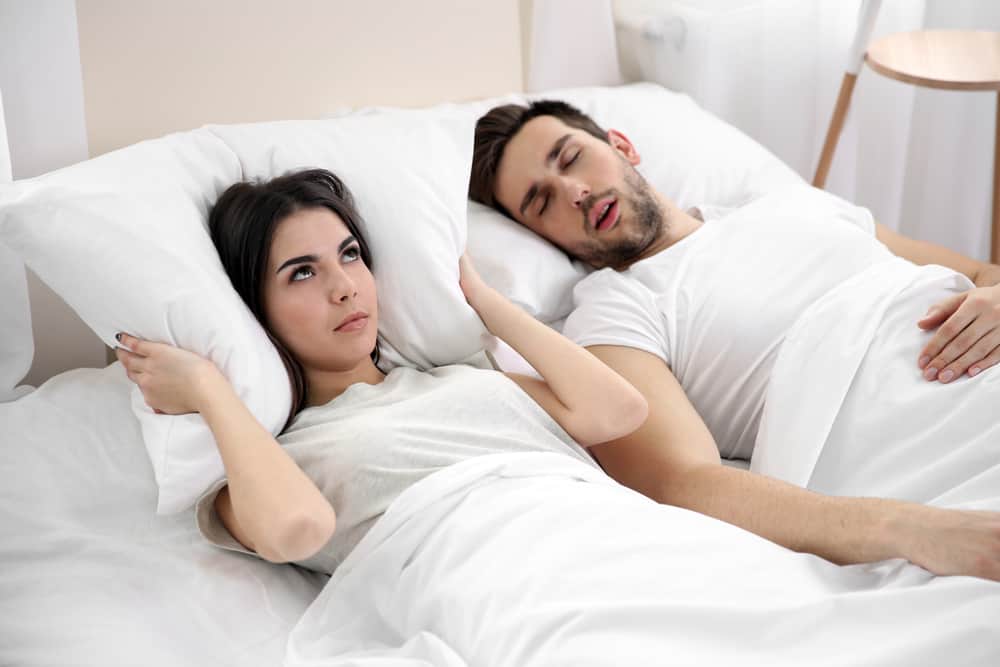Sleep apnea is a common sleep disorder characterized by pauses in breathing or shallow breaths during sleep. These interruptions in breathing can occur multiple times throughout the night, leading to fragmented sleep and inadequate oxygen supply to the body. In Hong Kong, like in many other parts of the world, sleep apnea is a prevalent issue affecting the health and well-being of individuals. However, there are various strategies and lifestyle changes that individuals can adopt to improve sleep apnea hong kong symptoms and enhance overall sleep quality.
Sleep apnea encompasses several types, with the two most common being obstructive sleep apnea (OSA) and central sleep apnea (CSA). OSA occurs when the throat muscles relax excessively during sleep, leading to a blockage of the airway, while CSA involves the brain failing to send signals to the muscles responsible for breathing. Both types can result in similar symptoms and health complications if left untreated.
Prevalence of Sleep Apnea in Hong Kong
The sleep apnea hong kong is a growing concern, with an increasing number of individuals experiencing symptoms such as loud snoring, daytime fatigue, and morning headaches. Despite the prevalence of sleep apnea, many cases remain undiagnosed, highlighting the importance of raising awareness and improving access to diagnostic services.
Identifying Symptoms of Sleep Apnea
Common symptoms of sleep apnea include loud and persistent snoring, gasping or choking during sleep, excessive daytime sleepiness, difficulty concentrating, and irritability. These symptoms can have a significant impact on an individual’s quality of life, affecting their productivity, mood, and overall health.
Exploring the Causes of Sleep Apnea
Several factors contribute to the development of sleep apnea, including obesity, anatomical abnormalities, aging, and underlying medical conditions such as hypertension and diabetes. Lifestyle factors such as smoking, alcohol consumption, and sedentary behavior can also increase the risk of sleep apnea.

Diagnosis and Treatment Options
In Hong Kong, healthcare professionals use various methods to diagnose sleep apnea, including overnight sleep studies and home sleep apnea tests. Once diagnosed, treatment options may include continuous positive airway pressure (CPAP) therapy, oral appliances, and in some cases, surgical intervention.
Lifestyle Modifications for Sleep Apnea Management
In addition to conventional treatments, lifestyle modifications play a crucial role in managing sleep apnea symptoms. Maintaining a healthy weight through diet and exercise, avoiding alcohol and sedatives before bedtime, and sleeping on the side rather than the back can help reduce the severity of sleep apnea.
Exploring Alternative Therapies
Alternative therapies such as acupuncture, yoga, and meditation have shown promise in improving sleep quality and reducing the frequency of apnea episodes. These holistic approaches focus on relaxation techniques and stress reduction, which can benefit individuals with sleep apnea.
Emphasizing Sleep Hygiene
Establishing a consistent bedtime routine, creating a comfortable sleep environment, and limiting exposure to electronic devices before bed are essential aspects of sleep hygiene that can promote better sleep quality and alleviate sleep apnea symptoms.
Dietary Considerations
Dietary factors also play a role in sleep apnea management. Consuming a well-balanced diet rich in fruits, vegetables, lean proteins, and whole grains while limiting processed foods, caffeine, and heavy meals close to bedtime can support overall health and improve sleep patterns.
